Consistency Issues and Their Resolution in Material Point Methods
Please login to view abstract download link
Our recent studies show that both the original material point method (MPM) and the dual domain material point (DDMP) method are inconsistent with the partial differential equations (e.g. the momentum and energy equations). Numerical results can converge to incorrect values as meshes are refined. This inconsistency often leads to instabilities of the calculation, especially in cases of large stress or material deformation. The local stress difference (LSD) algorithm [1,2] has been developed to address the inconsistency. With the LSD algorithm, we show that the accuracy, stability, and particle convergence of the MPMs are improved significantly. There is a simplified version of the LSD, called sLSD. Although slightly less accurate than the full version, it can be implemented very inexpensively in any MPM code to greatly improve the stability and accuracy of the calculations. The full version of LSD can be easily implemented with the DDMP method. With such implementation, using the manufactured solution method, we show examples of accurate calculations of materials undergoing very large deformations. Using examples, we also show particle-mesh compatibility is a significant issue for MPMs, especially in cases of large material deformation or using an unstructured mesh. Both versions of the LSD algorithm are shown to be able to address this issue and produce accurate results using structured or unstructured mesh. With the structured meshes, the LSD algorithm is also shown to significantly reduce the mesh imprints in the numerical results. REFERENCES [1] D.Z. Zhang, K.A. Perez, P.L. Barclay and J. Waters, Rapid particle generation from an STL file and related issues in the application of material point methods to complex objects, Computational Particle Mechanics, 11, 2291-2305 (2024) [2] K.A. Perez, P.L. Barclay and D.Z. Zhang, Nodal force error and its reduction for material point methods. J. Comput. Phys. 498 112681 (2024).

